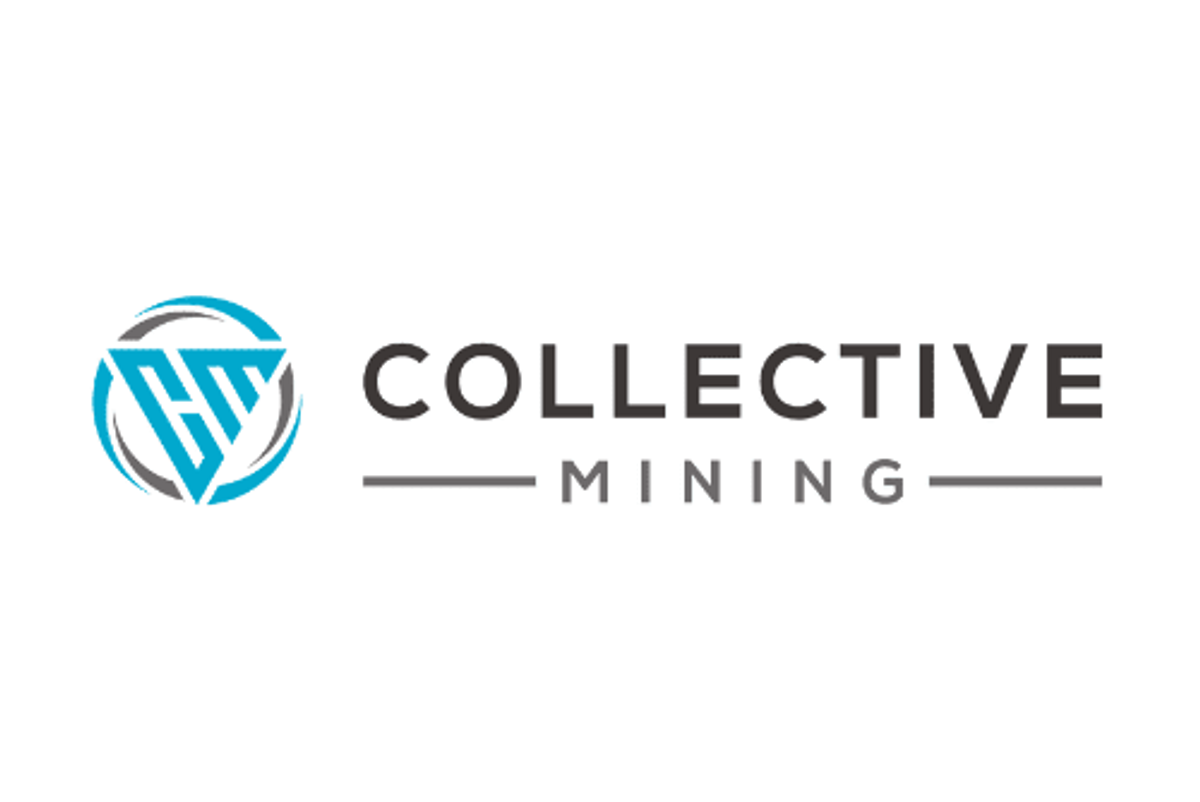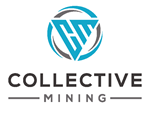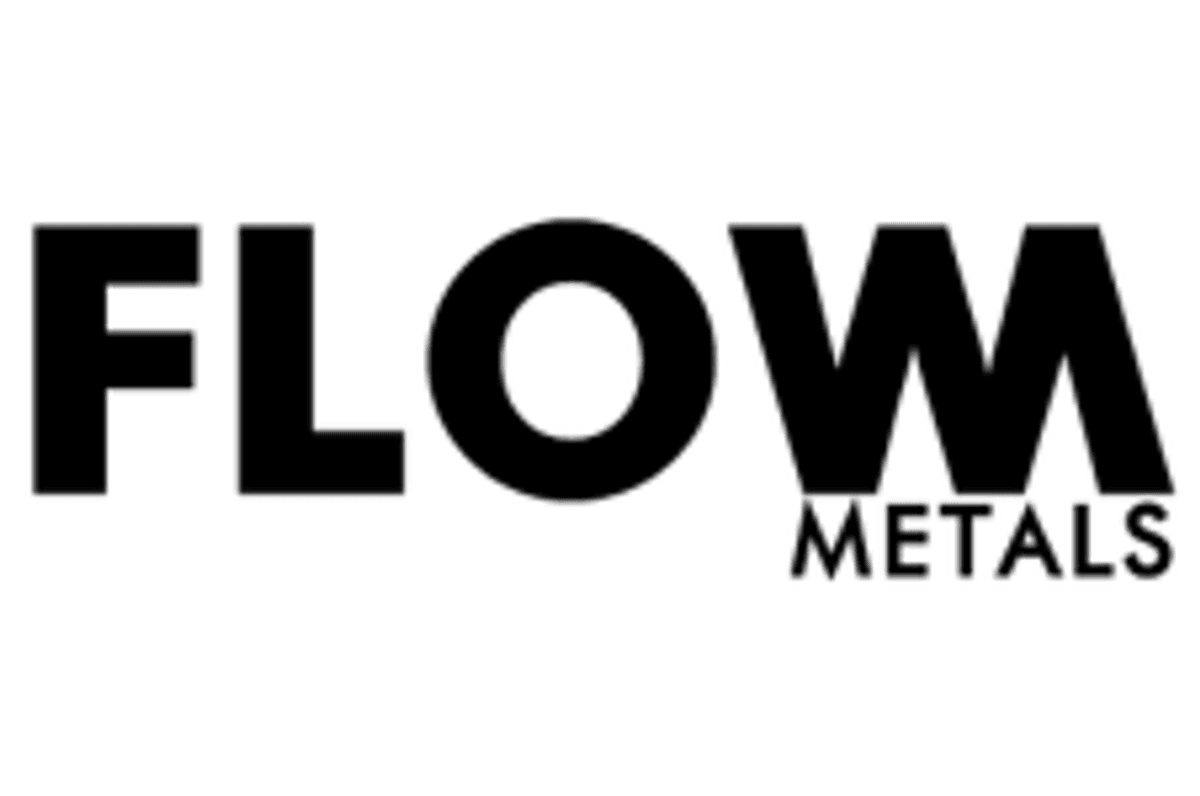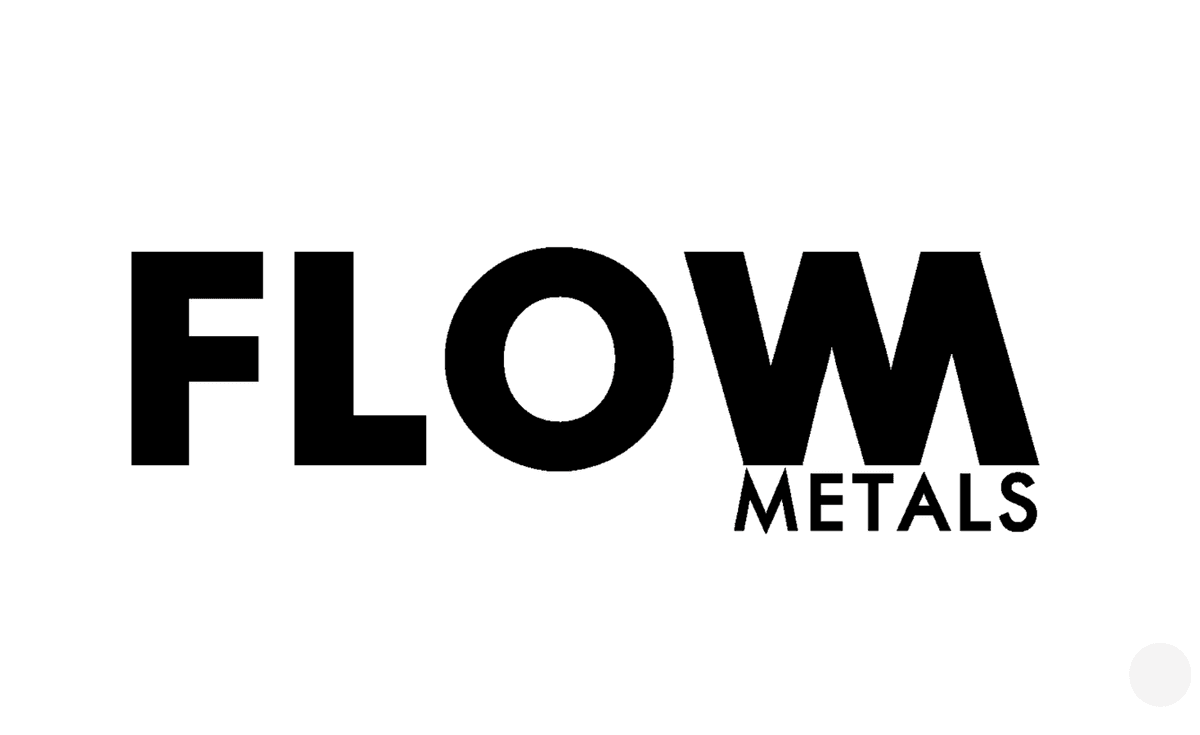
Collective Mining Ltd. (TSXV: CNL) ("Collective" or the "Company") is pleased to announce assay results for four additional diamond drill holes at the Olympus Target ("Olympus") within the Guayabales project ("Guayabales"), Colombia. Additionally, revised geological modeling based on the most current data has significantly expanded the target area for follow up exploration. The Company currently has three diamond drill rigs operating at various targets at the Guayabales project as part of its fully-financed, minimum 20,000 metre program for 2022.
"The Olympus target is advancing rapidly due to our exploration work and geological understanding and this has resulted in a 125 percent expansion of the target area. We are extremely excited about the precious metal potential of the system given the broad intercepts of gold and silver mineralization encountered in early drilling, the sheer size of the alteration system and the plethora of high-grade gold and silver-bearing, porphyry related, CBM veins. All the ingredients are in place for Olympus to evolve into a multi-million-ounce precious metal deposit. As our team understands full-well from our prior experience of exploring and developing the Buriticá project in Colombia, porphyry-related CBM veins can demonstrate robust continuity over significant vertical and lateral dimensions. Analogous to Olympus are both the multi-million-ounce high-grade Marmato and Buriticá systems, with each deposit measuring more than 1.5 vertical kilometres. The Marmato project is located approximately 3 kilometres to the southeast of Olympus and is situated within the same structurally controlled, porphyry intrusion – CBM vein, corridor," commented Ari Sussman, Executive Chairman.
Highlights (See Table 1 and Figures 1 - 4)
- As a result of geological modelling, drilling, underground sampling and detailed mapping, the Company now interprets Olympus Central and Olympus South to be one large interconnected mineralized system measuring up to 1.4 kilometres north-south by 900 metres east-west. The area, which will now be referred to simply as " Olympus, " remains open for expansion to the northwest, west, south and east.
- Olympus hole OLCC-4 was drilled westward at a 60-degree angle and intersected both the mineralized Eastern and Western zones. The Eastern Zone is hosted primarily within porphyry diorite and has carbonate base metal ("CBM") veins overprinting it while the Western Zone is hosted predominately within schist country rock impregnated by multiple zones of sheeted CBM veins with results as follow:
- 216.7 metres @ 1.08 g/t gold equivalent from 73 metres down-hole (Eastern Zone, drill hole OLCC-4)
- 110.1 metres @ 0.82 g/t gold equivalent from 480.3 metres down-hole (Western Zone, drill hole OLCC-4)
- 216.7 metres @ 1.08 g/t gold equivalent from 73 metres down-hole (Eastern Zone, drill hole OLCC-4)
- Olympus hole OLCC-5 was drilled to the northwest at 70-degree angle and intercepted the Eastern Zone as follows:
- 59.6 metres @ 1.02 g/t gold equivalent from 11 metres down-hole before crossing into a late phase intrusion which appears to have eliminated the mineralization in this location. Additional patchy mineralization in the Eastern Zone was encountered further down-hole including 25.3 metres @ 0.86 g/t gold equivalent. The Company will focus future drilling in the Eastern Zone along strike to the south where it remains wide open for expansion. Lastly, this hole was not drilled far enough to intersect the projection of the Western Zone.
- 59.6 metres @ 1.02 g/t gold equivalent from 11 metres down-hole before crossing into a late phase intrusion which appears to have eliminated the mineralization in this location. Additional patchy mineralization in the Eastern Zone was encountered further down-hole including 25.3 metres @ 0.86 g/t gold equivalent. The Company will focus future drilling in the Eastern Zone along strike to the south where it remains wide open for expansion. Lastly, this hole was not drilled far enough to intersect the projection of the Western Zone.
- Recent surface mapping and interpretation of drill data has led to a refinement of the Company's model for the Western Zone. The schist-intrusive contact is shallow dipping and daylights at surface in the west for at least 200 metres of strike. Future drilling will target the untested, shallow projection of the Western Zone. Holes OLCC-6 and OLCC-7 were unfortunately, not drilled deep enough to intersect this Western Zone projection at depth (see Figure 3).
- Exploration work to date within both historical and current artisanal mines has outlined more than 25 veins. Previously announced chip channel sampling assay results have confirmed the high-grade nature of the veins with precious and base metal grades assaying up to 485 g/t gold, 1,919 g/t silver, 2.86% copper and combined zinc and lead grades in excess of 25 percent. Drilling completed thus far by the Company has been principally focused on the northern portion of the eastern zone and has not therefore tested below these high grade, artisanal mines. An extensive chip channel sampling campaign has been undertaken within the old mines with assay results anticipated in the near term.
Table 1: Assay Results
| Hole ID | From (m) | To (m) | Intercept (m) | Au (g/t) | Ag (g/t) | Cu% | Mo % | AuEq (g/t)* | Notes |
| OLCC-4 | 73.0 | 289.7 | 216.7 | 0.79 | 14 | 0.04 | 0.004 | 1.08 | Eastern Zone |
| Incl | 73.0 | 83.3 | 10.3 | 8.89 | 142 | 0.02 | 0.007 | 10.83 | |
| 288.6 | 289.7 | 1.1 | 38.54 | 263 | 2.86 | 0.004 | 46.48 | Visible Gold | |
| and | 427.1 | 427.8 | 0.7 | 9.11 | 1 | 0.01 | 0.001 | 8.70 | |
| and | 449.2 | 449.8 | 0.6 | 5.84 | 16 | 0.02 | 0.001 | 5.84 | |
| and | 480.3 | 590.4 | 110.1 | 0.69 | 7 | 0.02 | 0.001 | 0.82 | Western Zone |
| Incl | 526.4 | 528.4 | 2.0 | 4.25 | 62 | 0.04 | 0.001 | 5.13 | |
| 539.2 | 542.3 | 3.1 | 3.42 | 43 | 0.03 | 0.001 | 4.00 | ||
| OLCC-5 | 11.0 | 70.6 | 59.6 | 0.60 | 23 | 0.03 | 0.004 | 1.02 | Eastern Zone |
| Incl | 38.8 | 40.1 | 1.3 | 7.07 | 4 | 0.05 | 0.003 | 6.90 | |
| 43.1 | 43.8 | 0.7 | 4.30 | 215 | 0.08 | 0.002 | 7.72 | ||
| and | 196.4 | 221.7 | 25.3 | 0.42 | 22 | 0.04 | 0.005 | 0.86 | Eastern Zone |
| and | 360.4 | 361.7 | 1.3 | 4.35 | 80 | 0.09 | 0.001 | 5.60 | |
| OLCC-6 | | NSV*** | |||||||
| OLCC-7 | 225.2 | 227.0 | 1.8 | 1.54 | 32 | 0.03 | 0.000 | 2.04 |
*AuEq (g/t) is calculated as follows: (Au (g/t) x 0.95) + (Ag g/t x 0.017 x 0.95) + (Cu (%) x 2.06 x 0.95) + (Mo (%) x 6.86 x 0.95), utilizing metal prices of Cu – US$4.50/lb, Mo – US$15.00/lb, Ag – $25/oz and Au – US$1,500/oz and recovery rates of 95% for Au, Ag, Cu and Mo.
Recovery rate assumptions are speculative as no metallurgical work has been completed to date.
** A 0.1 g/t AuEq cut-off grade was employed with no more than 10% internal dilution. True widths are unknown, and grades are uncut.
*** No significant values reported in this intercept
Figure 1: Map of the Guayabales Project Highlighting the Olympus Target
https://www.globenewswire.com/NewsRoom/AttachmentNg/a3c52f06-9080-4e84-96bc-85f365f19d0c
Figure 2: Plan View of the Olympus Target
https://www.globenewswire.com/NewsRoom/AttachmentNg/abe0bce0-37c7-4f44-a18d-0ea160db9dea
Figure 3: Cross Section W-E as Outlined on the Olympus Plan View Image
https://www.globenewswire.com/NewsRoom/AttachmentNg/e7ab2427-dd2c-464b-8213-f7c19846ed48
Figure 4: Drill Hole OLCC-4 Core Photos
https://www.globenewswire.com/NewsRoom/AttachmentNg/b9af17fc-e255-4f17-8237-bd458f53ceb5
Mineralized veins with Pyrite, galena, sphalerite and chalcopyrite accompanied by calcium carbonate crosscutting the schist foliation
Qualified Person (QP) and NI43-101 Disclosure
David J Reading is the designated Qualified Person for this news release within the meaning of National Instrument 43-101 ("NI 43-101") and has reviewed and verified that the technical information contained herein is accurate and approves of the written disclosure of same. Mr. Reading has an MSc in Economic Geology and is a Fellow of the Institute of Materials, Minerals and Mining and of the Society of Economic Geology (SEG).
Technical Information
Rock and core samples have been prepared and analyzed at SGS laboratory facilities in Medellin, Colombia and Lima, Peru. Blanks, duplicates, and certified reference standards are inserted into the sample stream to monitor laboratory performance. Crush rejects and pulps are kept and stored in a secured storage facility for future assay verification. No capping has been applied to sample composites. The Company utilizes a rigorous, industry-standard QA/QC program.
About Collective Mining Ltd.
To view the Company's most recent investor presentation, please visit www.collectivemining.com
Collective Mining is an exploration and development company focused on identifying and exploring prospective mineral projects in South America. Founded by the team that developed and sold Continental Gold Inc. to Zijin Mining for approximately $2 billion in enterprise value, the mission of the Company is to repeat its past success in Colombia by making a significant new mineral discovery and advancing the projection to production. Management, insiders and close family and friends own approximately 40% of the outstanding shares of the Company and as a result are fully aligned with shareholders. Collective currently holds an option to earn up to a 100% interest in two projects located in Colombia. As a result of an aggressive exploration program on both the Guayabales and San Antonio projects, a total of nine targets are defined. The Company is fortuitous to have made significant grass root discoveries on both projects with discovery holes of 302 metres 1.1 g/t AuEq and 104 metres @ 1.3 g/t AuEq at the Guayabales project and 710 metres @ 0.53 AuEq at the San Antonio project. ( See press releases dated October 18 th and 27 th , 2021 and March 15, 2022 for AuEq calculations.)
Contact Information
Collective Mining Ltd.
Steve Gold, Vice President, Corporate Development and Investor Relations
Tel. (416) 648-4065
To schedule a one-on-one meeting with management please use the following link:
https://calendly.com/collectivemining/30min?month=2021-11
FORWARD-LOOKING STATEMENTS
This news release contains certain forward-looking statements, including, but not limited to, statements about the drill programs, including timing of results, and Collective's future and intentions. Wherever possible, words such as "may", "will", "should", "could", "expect", "plan", "intend", "anticipate", "believe", "estimate", "predict" or "potential" or the negative or other variations of these words, or similar words or phrases, have been used to identify these forward-looking statements. These statements reflect management's current beliefs and are based on information currently available to management as at the date hereof.
Forward-looking statements involve significant risk, uncertainties, and assumptions. Many factors could cause actual results, performance, or achievements to differ materially from the results discussed or implied in the forward-looking statements. These factors should be considered carefully, and readers should not place undue reliance on the forward-looking statements. Although the forward-looking statements contained in this news release are based upon what management believes to be reasonable assumptions, Collective cannot assure readers that actual results will be consistent with these forward-looking statements. These forward-looking statements are made as of the date of this news release, and Collective assumes no obligation to update or revise them to reflect new events or circumstances, except as required by law.
Neither the TSXV nor its Regulation Services Provider (as that term is defined in the policies of the TSXV) accepts responsibility for the adequacy or accuracy of this news release.





